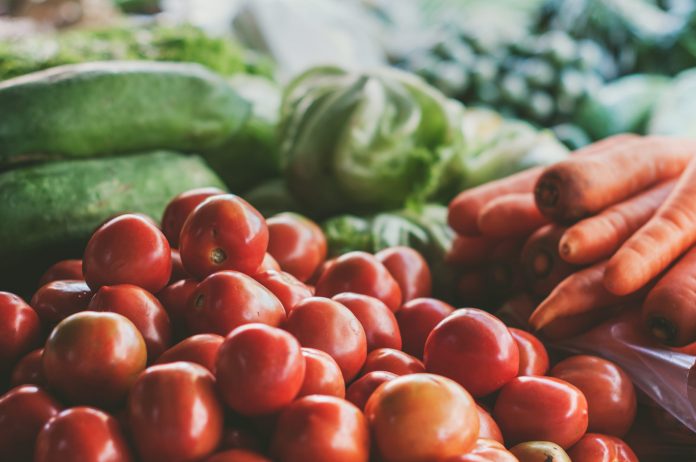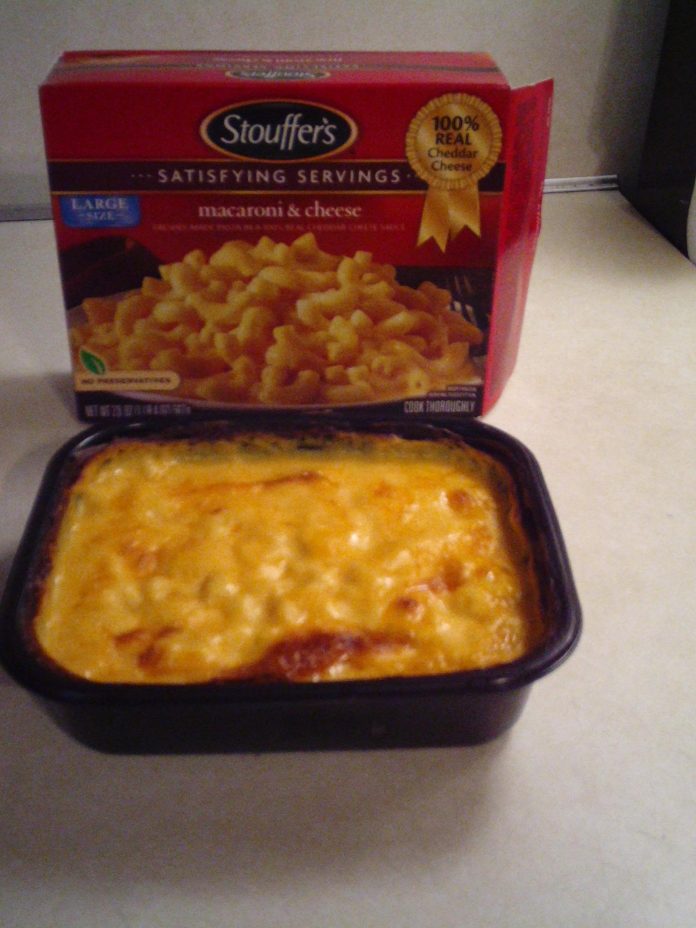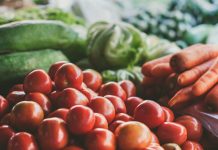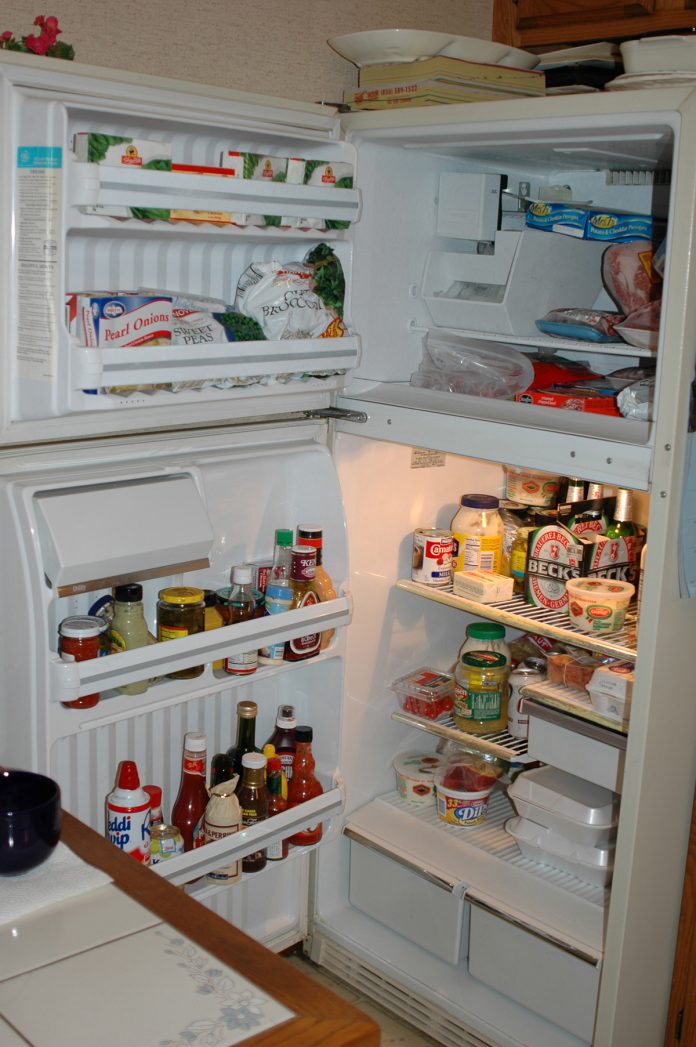
Many of us have been influenced to believe that all processed food is generally bad for our health. Canned goods, dried goods, everything that isn’t straight from Mother Nature is commonly thought to be best avoided. The truth is we cannot totally avoid eating processed food in one way or another. Frozen fruit and vegetables for example are a handy means to ensure you always have something healthy in your refrigerator. The question is should you stick to pure fresh organic fruits and vegetables or are frozen products still high in nutritional value?
The Freezing Process
Although some of the flavor is lost when vegetables are frozen, research shows that the nutrients, texture and flavor of many foods is retained. For example a study tried to determine the decrease of anthocyanin flavonoids in blueberries after freezing them for three months. Results showed that they were well preserved even after such a long period.
Before vegetables are frozen, they are often first blanched so does this process remove their nutrients even more? To a degree-Yes. Certain nutrients such as carbohydrates are reduced when heated. Vitamins too that are water-soluble such as Vitamin C can be reduced to up to 25% (depending on the vitamin and food)
What can be concluded? Considering the reasonably low percentage of vitamins and minerals lost during the freezing process, frozen vegetables are still abundant in nutrients. But the degree to which nutrients are retained depends a lot on how fast they are frozen.
From Harvest to Freezing
A general fact that should be remembered when it comes to frozen vegetables is that the longer they are exposed, the more nutrients they lose. With this in mind, the faster they go from harvest to freezing, the better. The fruits and vegetables that are chosen for freezing are picked at their ripest state when the most nutrients are present. This way, even after blanching, a high percentage of their nutrients are retained.
So are they better than fresh vegetables-No but they offer a very convenient, reasonable, option. When purchasing frozen vegetables, follow the following tips:
1Stay away from products that have any additions such as sauces and seasonings. These have high amounts of fat and sodium

3Consume according to recommendation (not more than 6 months)

The great thing about frozen vegetables is that anyone can do it for themselves. If you want to experiment with that, try using a microwave, stir frying or steaming your vegetables instead of boiling them. Also make sure you purchase the freshest offer available.





























